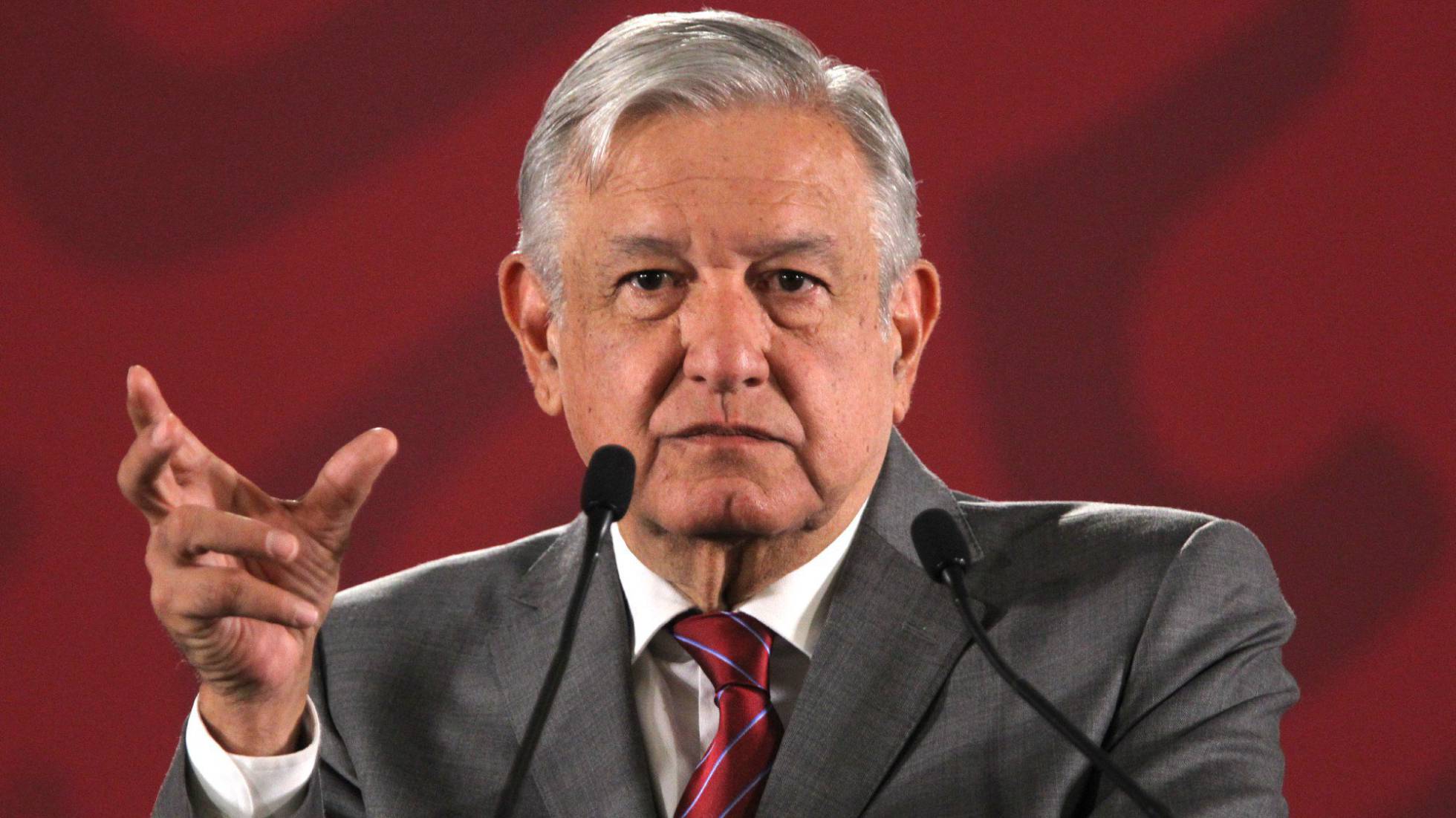
The Exit of ‘Hardliner’ Bolton
While pivotal appointments are often off the merry-go-round, the occasional shuffling of the team underlines the discord at the helm of the White House and the State Department over dealing with seemingly intractable storm centres, primarily North Korea, Iran and Afghanistan.
The disagreements, therefore, relate to major diplomatic and geopolitical contretemps, and Bolton is a hardliner who considers North Korea and Iran as “profoundly untrustworthy”.
For all that, we do not know whether Bolton resigned, as he claims, or was moved out by the president, as impetuous in matters diplomatic as he has been in domestic affairs.
Yet we do know that Trump and Bolton reached a parting of the ways and that the name of the next National Security Advisor will be announced very shortly.
Last Tuesday’s development has been generally welcomed in Washington and even by ardent Republicans.
Indeed, it is one of the rare presidential initiative to be accepted even by those who are opposed to the Trumpian style of governance.
The recent cancelled summit with the Taliban at Camp David, announced by Trump, was immediately suspected as the trigger for Bolton’s exit.
He had reportedly been excluded from key meetings on Afghanistan and was known to have opposed the deal concluded in Doha.
The White House has admitted that there were “many, many issues” of disagreement.
The two clashed on North Korea and Iran, with Trump recently calling off an airstrike on Iran at the last minute.
Bolton had favoured the airstrike.
Nor for that matter was the president impressed by Bolton’s hostility towards Russia, or by the failure to deliver what he had anticipated as an easy win – the attempt to dethrone Nicolas Maduro in Venezuela.
In Iran and North Korea, in Afghanistan and Venezuela, the serial crises shall fester for a long while yet.
Trump is no less belligerent than those who head the storm centres. A change in America’s dramatis personae is unlikely to yield dramatic results any time soon.
North Korea’s Kim Jong-un remains ever so belligerent; in Afghanistan, the Taliban had greeted the deal with the US by killing as many as 12 innocent people, including an American; Venezuela remains an uncertain quantity amid the prolonged turmoil; and Iran has resumed the enrichment of uranium to the consternation of Trump.
It is open to question whether Bolton’s rigidity had served to exacerbate the deepening crisis in four countries.
More accurately, Trump hasn’t quite covered himself with glory in the realm of foreign policy.
The Trumpian gambit has been anything but fruitful.


